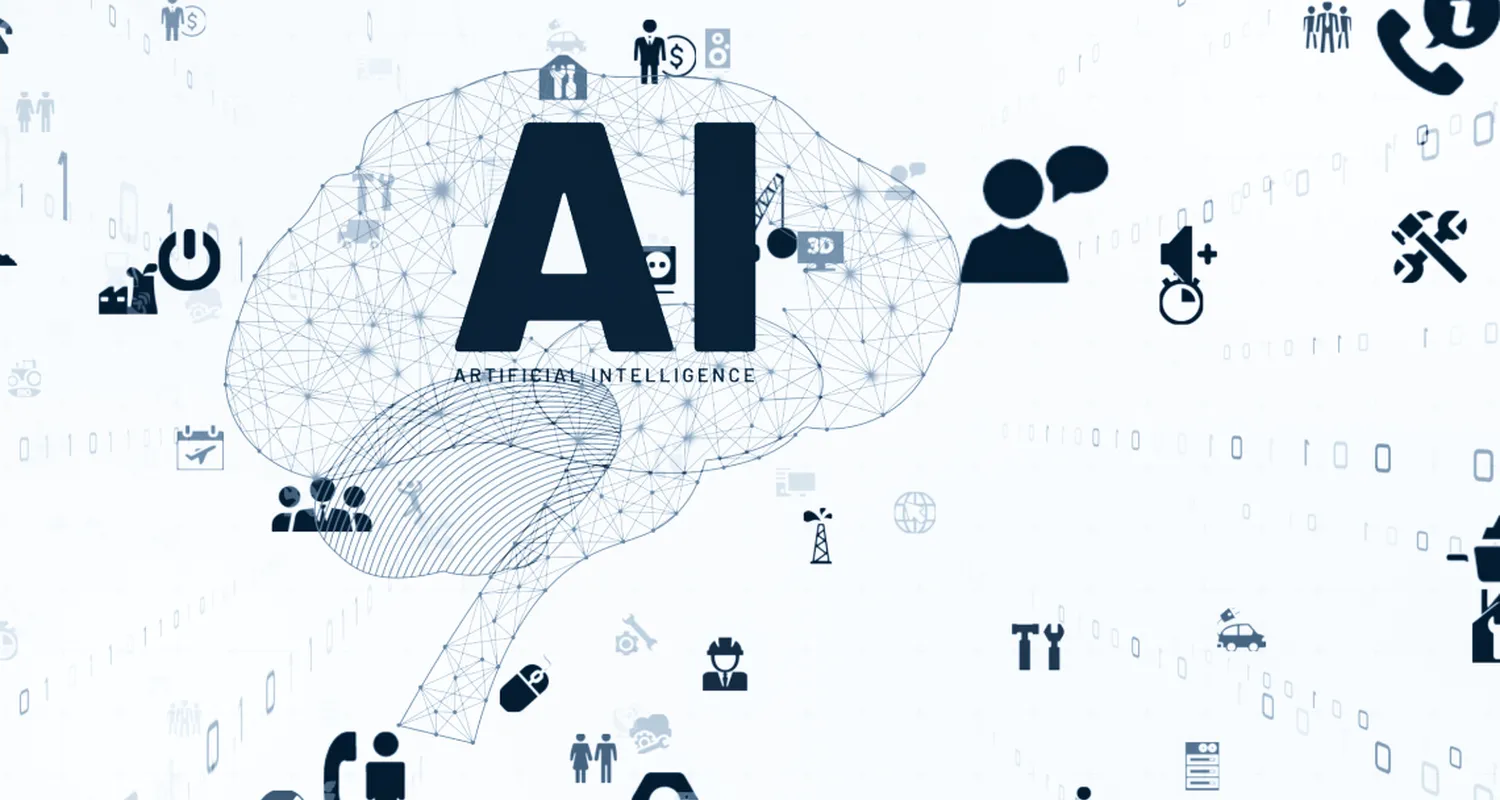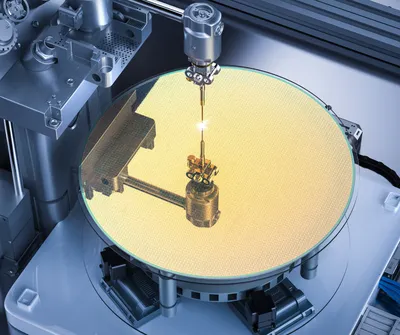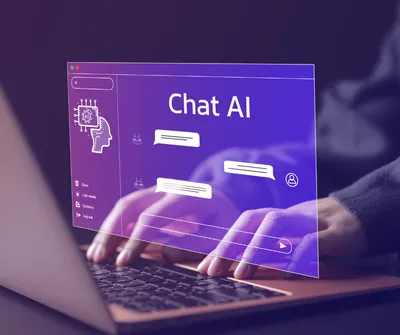Think of how convenient quick product and search suggestions are, even becoming a staple of our online experience. We also interact with mobile voice assistants, encounter robotic store greeters, and use cruise control in our cars.
Over the years, the applications and functionalities of AI have grown. Now, it benefits every industry, organization, and digital consumer in countless ways. We hear it from our clients daily.
Artificial Intelligence in manufacturing
If you haven't noticed, artificial intelligence has transformed the manufacturing industry by driving innovation and boosting efficiency. As manufacturers face growing pressures to optimize production, maintain quality, and cut costs, AI technologies have provided solutions that greatly enhance operations.
Artificial Intelligence has revolutionized production by automating tasks, optimizing operations, and predicting maintenance needs. Machines can now analyze data from production lines to spot inefficiencies and suggest adjustments, resulting in higher productivity and less waste, leading to increased profitability and scale for companies using the technology.
AI-powered robotics and automation systems also boost production efficiency. These systems handle repetitive tasks with precision, freeing human workers to focus on more complex and valuable activities. By integrating AI into robotics, manufacturers can maintain consistent quality and achieve faster production times, keeping up with the demands of a competitive market. There is a clear movement from tech giants such as Tesla aiming to embed robotics into more than just manufacturing with their upcoming release of Optimus robots by the end of 2025.





